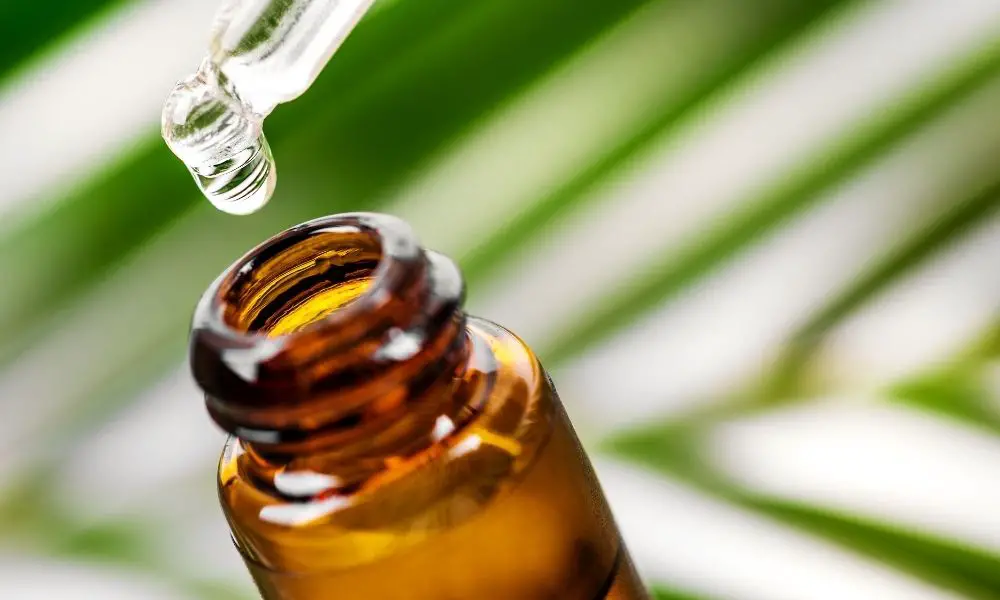

Aromatherapy is not a new form of holistic medical intervention, but our knowledge on this subject expands every day. Essential oils aren’t just part of an Eastern practice used by yogis or your bohemian aunt—they have a rich history of helping people maintain their physical and mental health. Check out this list of interesting facts you didn’t know about essential oils.
The earliest known instances of people using aromatherapy appeared in ancient civilizations such as those of Egypt, India, and Persia. Most early humans recognized the benefits of aromatic plant materials and used them in place of more scientific medicine techniques. Even ancient religions mention the spiritual qualities of certain plant oils and fragrances.
During the Islamic Golden Age, people began distilling essential oils into the finished products with which we’re familiar today. As the world Westernized over many centuries, aromatherapy practices became helpful in many aspects of life. Doctors can even use certain plants to ease the trauma of medical operations. Today, the basics of essential oil use remain the same, but we also benefit from improved diffusion and application technology.
Most people are familiar with electronically assisted diffusion of essential oils in the form of automated devices. These diffusers use electricity to produce consistent clouds of pleasant, healthy scents. However, there’s more than one way to diffuse essential oils in the home. For starters, natural methods such as reed diffusers and clay diffusers don’t require any power to operate. Instead, oils organically permeate these materials, allowing for slower diffusion. Other modern diffusers include wearable products such as rock bracelets that contain drops of essential oils.
If you’re not an essential oil enthusiast, you might not know that various products promote different benefits. For instance, citrus oils can boost an individual’s mood and energy, while lavender and peppermint essential oils help with sleep habits and relaxation. Materials such as cypress also relax physical pains or stressors. Additionally, the method by which you consume essential oils—whether it’s through diffused inhalation or topical products placed directly onto the skin—impacts the effects you feel.
The history of aromatherapy is fascinating, and it’s quite impressive that this early form of medicine continues to benefit individuals to this day. These interesting facts you didn’t know about essential oils just scratch the surface, as these products work differently for everyone. Practice with different blends of essential oils for the best holistic results and to ensure appreciation for this ancient medicine.
The surface of any playground must meet standards for enjoyment and safety, and choosing the…
The chance to go to Pearl Harbor offers a truly immersive experience that everyone should…
Ensure safety and efficiency with a well-maintained tanker trailer pressure management system. Invest in quality…
Learn the best methods for soil sampling, from grid and zone sampling to accurate sampling…
If your truck isn’t as comfortable as it should be, you’re likely leaving the road…
When disaster strikes a business—whether it's a flood, fire, or storm—the path to recovery can…